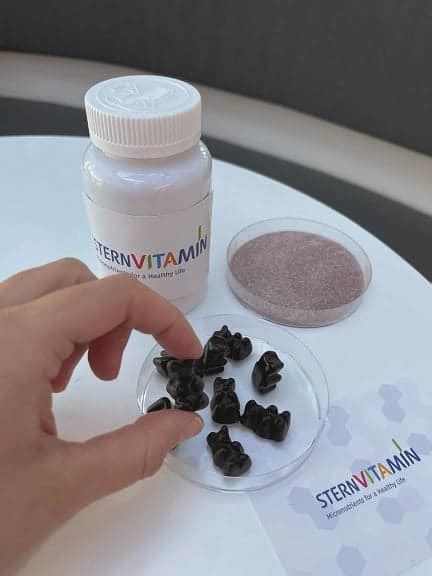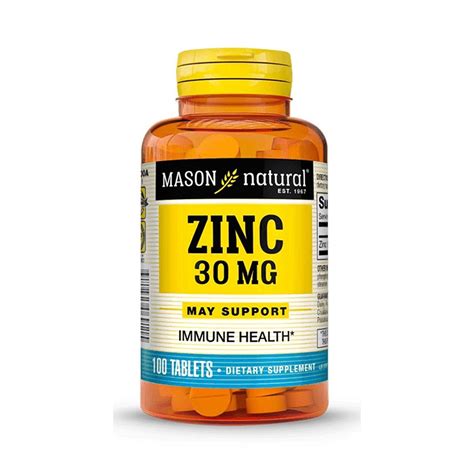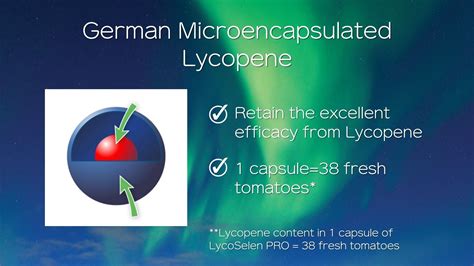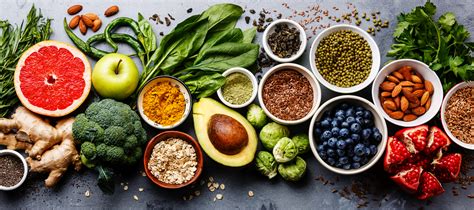Which specific micronutrient is particularly important for men’s prostate health, and what are common dietary sources?

Understanding Prostate Health and the Role of Nutrition
Maintaining prostate health is a significant concern for men, especially as they age. While various factors contribute to the well-being of this small gland, nutrition plays a remarkably powerful role. A balanced diet rich in specific micronutrients can help support prostate function and may reduce the risk of certain conditions. Among the many essential nutrients, one particular mineral frequently comes to the forefront for its profound impact on prostate health.

The Indispensable Role of Zinc in Prostate Health
The specific micronutrient that is particularly important for men’s prostate health is Zinc. Zinc is an essential trace mineral involved in over 300 enzymatic reactions in the body, impacting everything from immune function and wound healing to DNA synthesis and cell division. For the prostate gland, zinc is crucial because it is found in the highest concentrations there compared to any other soft tissue in the body.
Its importance for prostate health stems from several key functions:
- Immune Function: Zinc is vital for a robust immune system, helping the body fight off infections and inflammation, which can affect prostate health.
- Cell Growth and Regulation: It plays a significant role in controlling cell growth and differentiation. Adequate zinc levels are thought to help prevent the abnormal proliferation of prostate cells.
- Hormone Regulation: Zinc influences testosterone metabolism and the conversion of testosterone to dihydrotestosterone (DHT), a hormone that can impact prostate size. Maintaining a healthy balance is key.
- Antioxidant Properties: While not a primary antioxidant, zinc contributes to the activity of antioxidant enzymes in the body, helping to protect cells from oxidative damage.
Studies have indicated a potential link between low zinc levels and an increased risk of prostate issues, including benign prostatic hyperplasia (BPH) and even prostate cancer, although more research is always ongoing. Ensuring sufficient zinc intake is a proactive step toward supporting prostate wellness.
Abundant Dietary Sources of Zinc
Fortunately, incorporating enough zinc into your diet is relatively straightforward, as it is present in a wide variety of common foods. Here are some of the best dietary sources:
- Oysters: Often hailed as the king of zinc-rich foods, oysters provide an exceptionally high amount of this mineral.
- Red Meat: Beef, lamb, and pork are excellent sources of zinc.
- Poultry: Chicken and turkey, particularly dark meat, also contribute significantly to zinc intake.
- Legumes: Lentils, chickpeas, and beans are good plant-based sources of zinc, though their bioavailability might be slightly lower due to phytates.
- Nuts and Seeds: Pumpkin seeds, cashews, almonds, and pine nuts are great snack options packed with zinc.
- Dairy Products: Milk, cheese, and yogurt contain a decent amount of zinc.
- Whole Grains: Oats, quinoa, and brown rice provide some zinc, alongside fiber and other nutrients.

Synergistic Nutrients: Beyond Zinc for Comprehensive Prostate Support
While zinc is critically important, prostate health benefits from a holistic nutritional approach. Other micronutrients and compounds work synergistically to provide comprehensive support:
- Lycopene: A powerful antioxidant found in red and pink fruits and vegetables, especially cooked tomatoes, watermelon, and pink grapefruit. Lycopene has been extensively studied for its potential role in reducing prostate cancer risk.
- Selenium: Another trace mineral with strong antioxidant properties. Brazil nuts are an exceptional source; other sources include seafood, poultry, and whole grains.
- Vitamin D: Essential for overall health, including immune function and cell growth. Low vitamin D levels have been linked to various health issues, including prostate concerns.
- Omega-3 Fatty Acids: Found in fatty fish (salmon, mackerel, sardines), flaxseeds, and walnuts, these healthy fats possess anti-inflammatory properties that can benefit prostate health.
- Green Tea: Contains catechins, powerful antioxidants that may offer protective benefits to the prostate.

Integrating a Prostate-Friendly Diet
The key to harnessing the benefits of zinc and other prostate-supporting nutrients lies in adopting a varied and balanced diet. Prioritize whole, unprocessed foods, and aim for a colorful array of fruits and vegetables daily. Limit your intake of red and processed meats, saturated and trans fats, and refined sugars, which can contribute to inflammation and other health issues.
Regular physical activity and maintaining a healthy weight also complement dietary efforts in promoting overall prostate health. It’s a comprehensive approach that yields the best results.

Conclusion
While many nutrients play a role in maintaining men’s health, Zinc stands out as a particularly vital micronutrient for prostate health due to its extensive involvement in immune function, cell regulation, and hormone balance. By ensuring a diet rich in zinc-containing foods—such as oysters, red meat, legumes, nuts, and seeds—men can proactively support their prostate. Furthermore, incorporating other beneficial nutrients like lycopene, selenium, and omega-3s, alongside a healthy lifestyle, creates a powerful defense for long-term prostate wellness. Always consult with a healthcare professional or registered dietitian for personalized dietary advice, especially if you have existing prostate concerns or are considering supplements.









